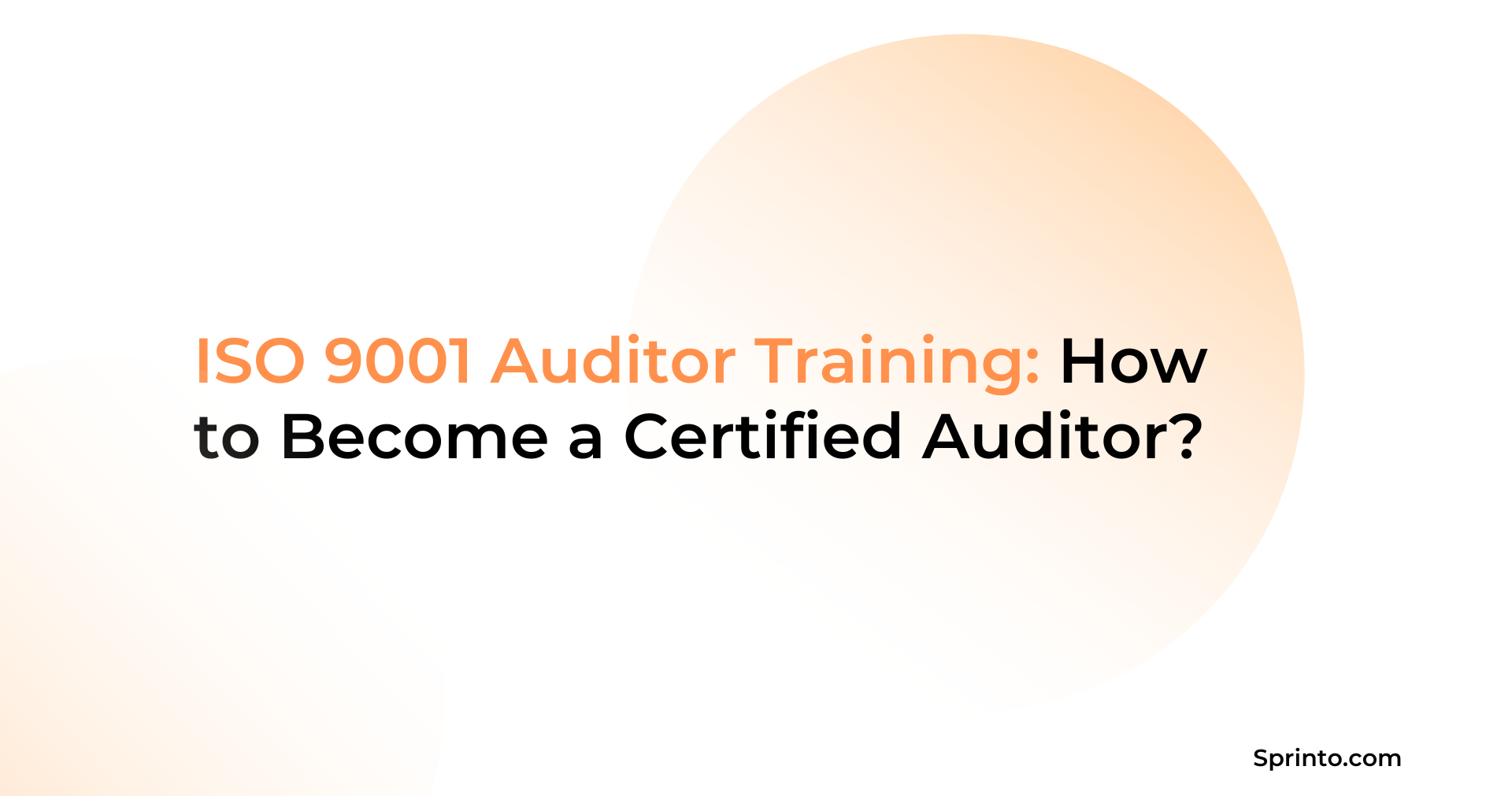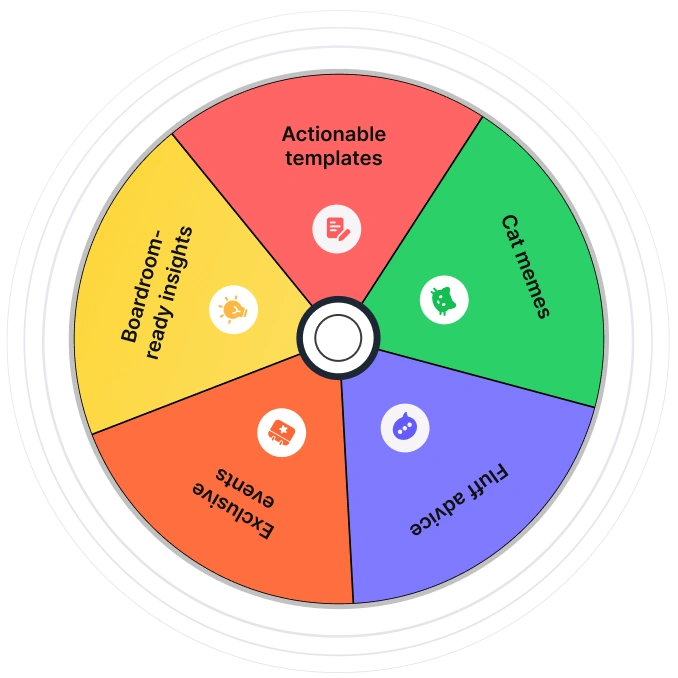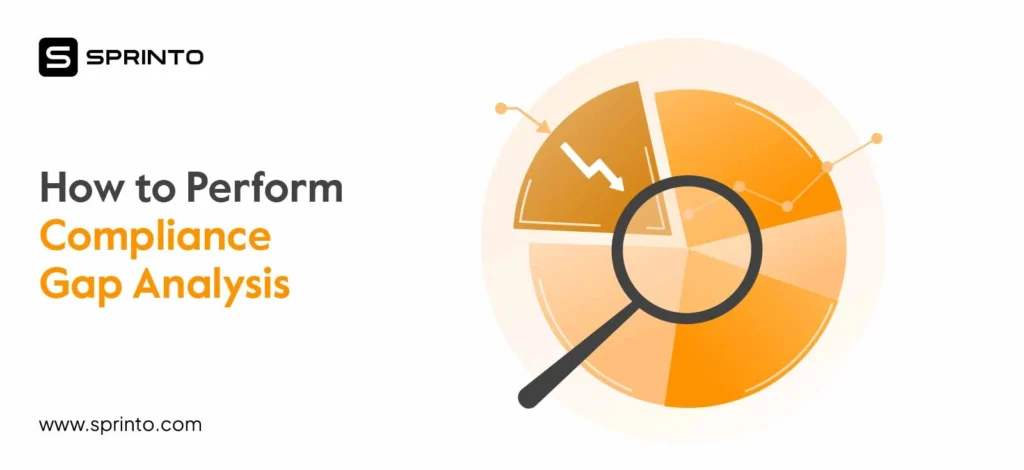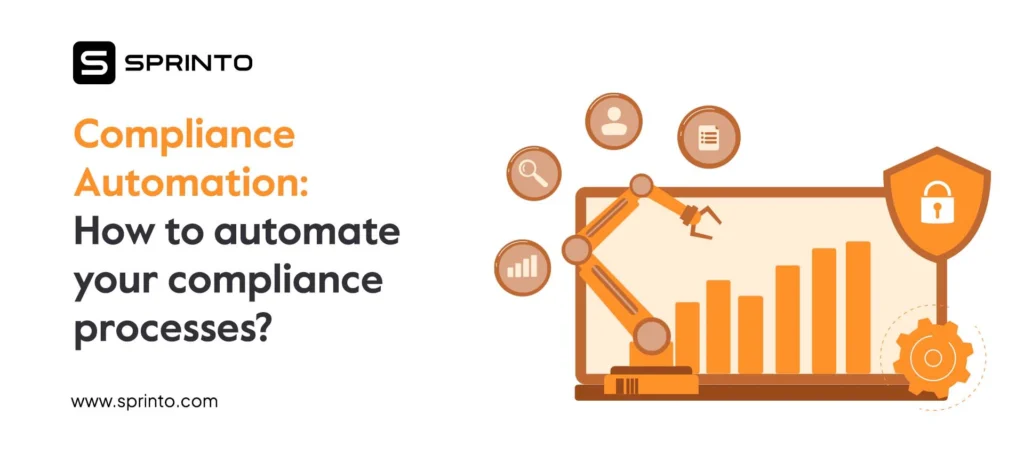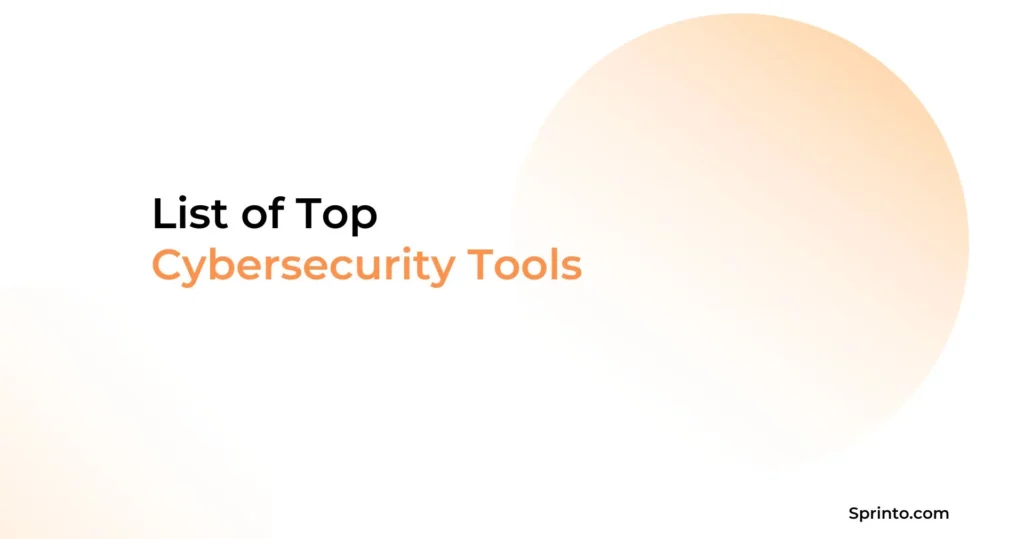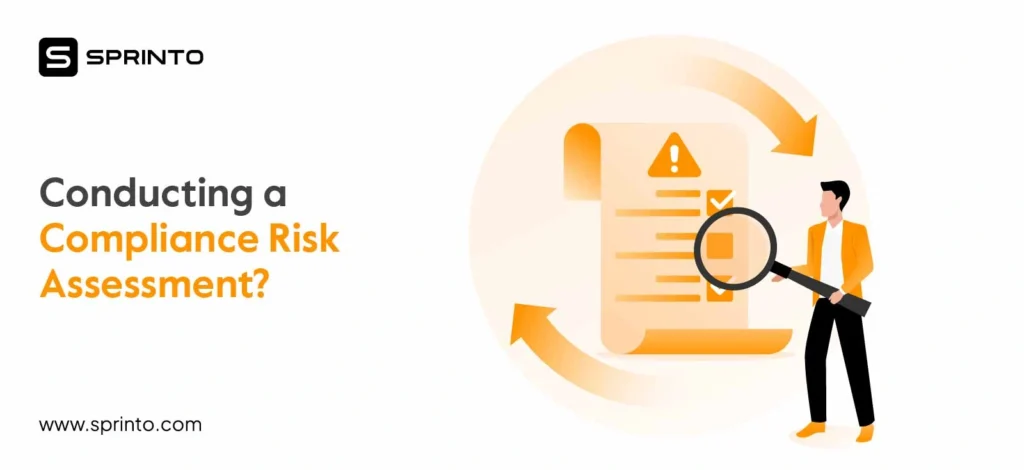Quality builds trust. That’s the simple idea behind ISO 9001, the world’s most recognized standard for quality management systems. It helps businesses, whether making hardware or delivering SaaS, create processes that consistently meet expectations.
But quality isn’t a one-time effort. It’s a system that needs to be checked, challenged, and improved over time. That’s where ISO 9001 auditors come in. They assess whether organizations meet the standard’s requirements and help identify areas for improvement.
In this article, we’ll break down how to become a certified ISO 9001 auditor, what the role involves, and why it matters more than ever in a trust-driven world.
| TL;DR ISO 9001 auditors are crucial for a healthy QMS. There are two types of auditors—internal and external, or lead auditors. The path involves enrolling in certified ISO 9001 auditor training, gaining practical audit experience, and seeking professional certification. Whether you start with ISO 9001 internal auditor training to improve your organization’s QMS or choose an ISO 9001 lead auditor course for external audits, continuous learning and hands-on auditing are key. |
What is ISO 9001?
ISO 9001 is the internationally recognized standard for establishing, implementing, maintaining, and continually improving a QMS. Published by the ISO, it’s a globally recognized framework, applicable to any organization, regardless of its size, type, or the products/services it provides.
What is an ISO 9001 auditor?
An ISO 9001 auditor is a trained professional who objectively assesses an organization’s QMS to determine its conformity with the requirements of the ISO 9001 standard. Their primary role of an auditor is to ensure that an organization effectively implements and maintains its QMS to consistently deliver products or services that meet customer expectations and regulatory requirements.
An ISO 9001 auditor:
- Conducts audits
- Checks compliance against the standard
- Identifies non-conformities and areas for improvement
- Reports findings
- Offers recommendations
- Drives continuous improvement
What is the difference between an internal auditor and an external ISO 9001 auditor?
The internal auditor in an assigned member of your team who will help you get ready for an ISO 9001 audit before hiring an external ISO 9001 auditor. While both of them focus on an organization’s compliance with the standards, they differ in their independence, scope, and responsibilities.
Here’s a breakdown of the differences between the two:
| Feature | Internal Auditor (First-Party Auditor) | External or Lead Auditor (Second or Third-Party Auditor) |
| Definition | Usually, a chosen team member who conducts an internal audit of an organization’s QMS. | A highly experienced and independent auditor who can lead an audit team to audit an organization’s QMS. They can be second- or third-party auditors or work for Certification Bodies. |
| Relationship to the organization | Employed by the organization being audited. | Has the authority to make critical decisions during the audit, guide the audit team, and communicate directly with top management and, for external audits, with the Certification Body. Second Party: Hired by a customer to audit a supplier’s QMS, or by a supplier to demonstrate compliance to a customer. In a direct contractual relationship with one of the parties involved. Third Party: Works for an independent Certification Body (also known as a Registrar). No direct financial or operational ties. |
| Purpose | Check the effectiveness and compliance of the organization’s QMS against the ISO 9001 standard. | Responsible for the overall audit process, from planning to reporting. Second Party: Verify that a supplier’s QMS meets the customer’s specific requirements, in addition to the ISO 9001 standard. Third Party: Conduct audits for granting, maintaining, or revoking ISO 9001 certification, often referred to as ‘certification audits’ or ‘registration audits.’ |
| Independence | Independent of the area being audited, but still an employee of the organization. | Second Party: More independent than an internal auditor, but still influenced by the contractual relationship. Third Party: Highly independent and impartial, as their credibility relies on their unbiased assessment. |
| Scope | Focuses on specific departments, processes, or the entire QMS within the organization. More frequent audits, tailored to specific internal concerns. | Leader of an audit team and focuses on the review of the entire QMS against all requirements of the ISO 9001 standard, usually conducted periodically (e.g., initial certification, annual surveillance audits, triennial re-certification). |
| Responsibilities | Conducting internal audits, collecting evidence through document reviews and interviews, and identifying non-conformities.Report findings to the management.Support the organization’s compliance efforts. | Defining the audit scope, developing the audit plan, and managing the audit process. Reviewing the work of other auditors and identifying the non-conformities. Compiling the audit report and making a recommendation for certification to the Certification Body. |
| Training | May or may not undergo an ISO 9001 internal auditor course or training | Requires advanced ISO 9001 lead auditor training and often certification from recognized bodies (e.g., CQI/IRCA). |
What does an ISO 9001 auditor do?
An ISO 9001 auditor is professionally trained to check an organization’s QMS against the requirements of the ISO 9001 standard. Broadly, their responsibilities consist of the following:
- Check compliance with ISO 9001 requirements: Evaluate whether the organization’s QMS aligns with all the clauses of the ISO 9001 standard by reviewing documented information, such as policies, records, etc.)
- Check the effectiveness of the QMS: Observe operations, interview staff, and analyze performance data to see how well the QMS is working to achieve its intended outcomes. Are the processes leading to quality products/services? Are customer complaints being effectively addressed? Is the organization meeting its quality objectives?
- Identifying non-conformities: Discovering instances where a requirement of ISO 9001 or the organization’s own QMS is not met. These can range from minor deviations to major systemic failures.
- Highlighting opportunities for improvement: Auditors don’t just point out problems; they also look for areas where the QMS can be improved to become more efficient, even if there isn’t a direct non-conformity. These are valuable insights for the organization’s continuous improvement efforts.
- Gather objective evidence: Auditors rely on factual, verifiable information. This includes document reviews, interviews, observations, and data analyses.
- Communicate findings and recommendations: After the audit, the auditor compiles a report detailing their findings, including any non-conformities and opportunities for improvement. They communicate these findings to the chosen stakeholders within the organization, explaining the impacts and, in the case of a lead auditor, making recommendations for action or certification.
- Contributing to continuous improvement: All auditors must follow the ‘Plan-Do-Check-Act’ (PDCA) cycle. Their audits provide the ‘Check’ phase, leading to ‘Act’ (corrective actions and improvements).
How to become an ISO 9001 auditor?
Below is a general guide on how to become an ISO 9001 auditor (with specific tips for SPOCs):
1. Deepen your understanding of ISO 9001
Self-review the ISO 9001:2015 standard or take up a foundational course. Pay attention to its core principles (customer focus, leadership, engagement of people, process approach, improvement, evidence-based decision making, relationship management) and clauses.
Download the clause-by-clause ISO 9001 checklist
2. Choose the auditor type: Internal or Lead
An ISO 9001 internal auditor training will be the most natural starting point as an SPOC. You’ll be able to conduct internal audits within your organization. As an organization, you can consider an ISO 9001 training for your employees and assign them internal audit responsibilities.
For second and third-party audits and working with certification bodies, an ISO 9001 lead auditor training will be ideal.
3. Enrol in an ISO 9001 course
An ISO 9001 internal auditor course will include topics such as audit planning, conducting audit activities (interviews, observation, document review), identifying non-conformities and opportunities for improvement, reporting findings, and follow-up actions.
SPOC Benefit:
Your existing knowledge of your organization’s processes will make the practical exercises and case studies in these courses more relatable and easier to grasp.
Some top internal auditor courses to choose from:
- LRQA ISO 9001 Internal QMS Auditor Training
- Consultivo ISO 9001 Internal Auditor Training
- IRQS Academy ISO 9001 Internal Auditor Training
An ISO 9001 lead auditor course is a 5-day intensive course covering advanced audit techniques, leading audit teams, managing an audit program, understanding ISO 19011 (auditing guidelines) and ISO 17021 (requirements for certification bodies), and detailed report writing.
Tip: For lead auditor status, prioritize courses accredited by recognized bodies like CQI | IRCA, PECB, or Exemplar Global.
Some top lead auditor courses to choose from:
- PECB (Professional Evaluation and Certification Board)
- IRCA (International Register of Certificated Auditors)
- SGS
4. Get practical auditing experience
As an internal auditor, you can participate in your organization’s internal audits. Shadow your experienced auditors and build your experience before leading individual process audits.
For lead auditors, getting a professional certificate is required after finishing the course. You can apply for professional certification with the body that accredited your course (e.g., CQI | IRCA Lead Auditor registration) after getting some audit experience (e.g., typically 4-5 full audits, with a certain number of on-site days and leadership roles).
ISO 9001 auditor certification courses: Learning outcomes & duration
To be certified as an auditor, you will need to go for an ISO 9001 internal or lead auditor training. Both have different aspects. Here they are:
ISO 9001 internal auditor training/course
ISO 9001 internal auditor training/course is an entry-level course for aspiring auditors, focused on conducting ‘first-party’ audits within one’s organization.
Who is it for: Individuals who will be performing internal audits for their organization’s QMS, quality managers, department heads, and anyone involved in maintaining ISO 9001 compliance.
Duration: 2-3 days.
Learning outcomes:
- Basics of ISO 9001:2015 from an auditor’s perspective.
- Principles of auditing.
- How to plan an internal audit, including developing an audit plan and checklists.
- Techniques for conducting effective audits: gathering objective evidence through interviews, observation, and document review.
- Identifying non-conformities and opportunities for improvement.
- Writing clear and concise audit reports.
- Understanding follow-up activities, including verifying the effectiveness of corrective actions.
Certification/recognition:
No certification from an external body.
ISO 9001 lead auditor training/course
ISO 9001 lead auditor training/course is an advanced course for those who want to lead audit teams, conduct external (second or third-party) audits, or manage an organization’s entire internal audit program.
Who is it for: Professionals aiming to become independent ISO 9001 lead auditors, quality consultants, individuals seeking to work for Certification Bodies, and senior internal auditors.
Duration: 5 days.
Learning outcomes:
- In-depth understanding of ISO 9001:2015.
- Advanced application of auditing techniques, including risk-based auditing.
- Understanding certification body requirements (ISO/IEC 17021-1).
- Planning, organizing, leading, and managing an audit team.
- Developing audit reports and making recommendations.
- Identify the underlying causes of non-conformities.
- Extensive practical exercises, role-playing, and case studies to simulate real-world audit scenarios.
Certification/Recognition:
Formal accreditation from recognized bodies, such as CQI | IRCA, PECB, and Exemplar Global.
Several global and local organizations offer these certified courses. Some of the most well-known include:
- BSI: A leading global provider of ISO training.
- SGS: A world-leading inspection, verification, testing, and certification company.
- DNV: A global assurance and risk management company.
- TÜV SÜD/TÜV NORD: International service providers with strong training academies.
Moving forward
An ISO 9001 certification ensures every employee understands their role in maintaining quality. While an internal auditor training builds in-house expertise for continuous self-assessment, a lead auditor training brings in international expertise for superior compliance.
An ISO 9001 auditor certification, however, is not a finish line. It’s a milestone, setting the tone for continuous improvement. You must remain agile, proactively address risks and opportunities, and meet the evolving needs of the standard.
Know that investing in ISO 9001 training and pursuing certification is an investment in a future defined by quality, efficiency, and unwavering customer confidence.
Frequently asked questions
1. What’s the main difference between an ISO 9001 Internal Auditor and an ISO 9001 Lead Auditor?
An ISO 9001 internal auditor conducts audits within their organization, focusing on identifying areas for improvement and ensuring internal compliance with the QMS and the ISO 9001 standard. Their training, typically 2-3 days, trains them in the fundamental auditing skills.
In contrast, an ISO 9001 lead auditor is qualified to lead audit teams and often performs external audits for Certification Bodies (third-party audits) or supplier audits (second-party audits). Their role involves overall audit management, from planning to reporting, and requires a deeper understanding of auditing principles and the certification process. The ISO 9001 lead auditor course is a more intensive, 5-day program, often accredited by bodies like CQI | IRCA, ending in a rigorous examination.
2. Is an ISO 9001 certification mandatory to become an auditor?
No, you don’t need to be personally ISO 9001 certified in the same way an organization gets certified. However, a deep understanding of the ISO 9001 standard will ensure you know the standard’s requirements inside out, enabling you to assess an organization’s QMS effectively.
3. How long does it typically take to become a certified ISO 9001 Lead Auditor?
An ISO 9001 lead auditor training itself is usually a 5-day (40-hour) intensive course. However, beyond the course, most reputable certification bodies (like CQI | IRCA) require practical audit experience with a certain number of audit days (e.g., 20-25 days over 4-5 audits) where you have participated in, and ideally led, audit teams. This practical experience phase can take several months to a year or more, depending on opportunities.
4. Can your experience as an SPOC help you to become an ISO 9001 Auditor?
As an SPOC, your deep operational knowledge of processes, communication channels within your organization, and a contextual understanding of how your company functions are great advantages. However, remember the importance of impartiality; as an internal auditor, you should not audit your own direct work to maintain objectivity.
Pansy
Pansy is an ISC2 Certified in Cybersecurity content marketer with a background in Computer Science engineering. Lately, she has been exploring the world of marketing through the lens of GRC (Governance, risk & compliance) with Sprinto. When she’s not working, she’s either deeply engrossed in political fiction or honing her culinary skills. You may also find her sunbathing on a beach or hiking through a dense forest.
Explore more
research & insights curated to help you earn a seat at the table.



